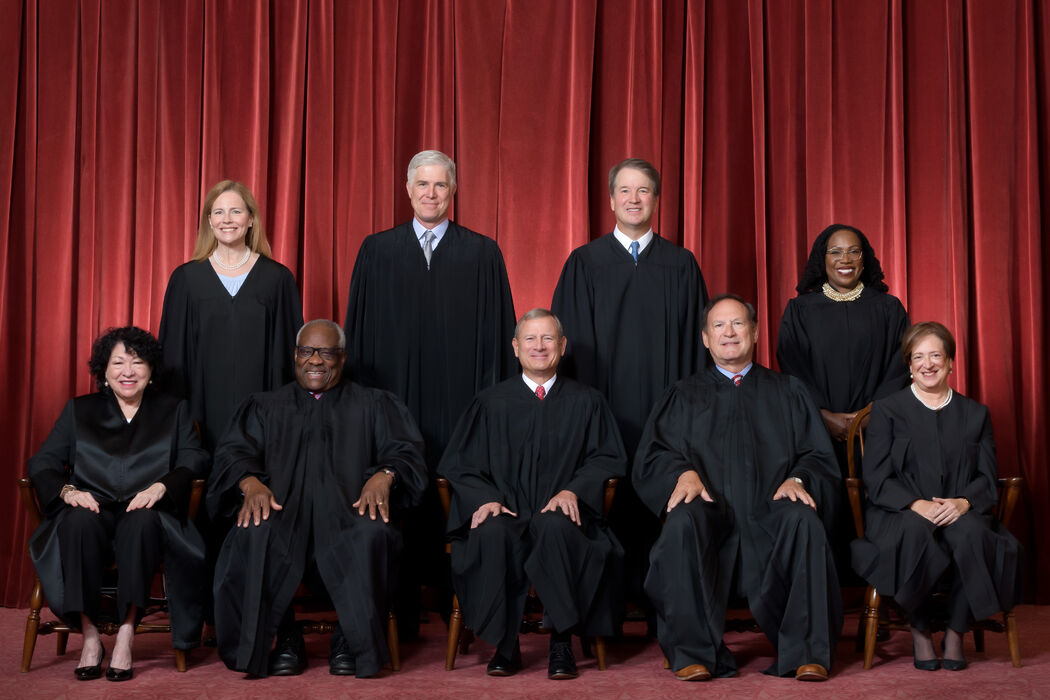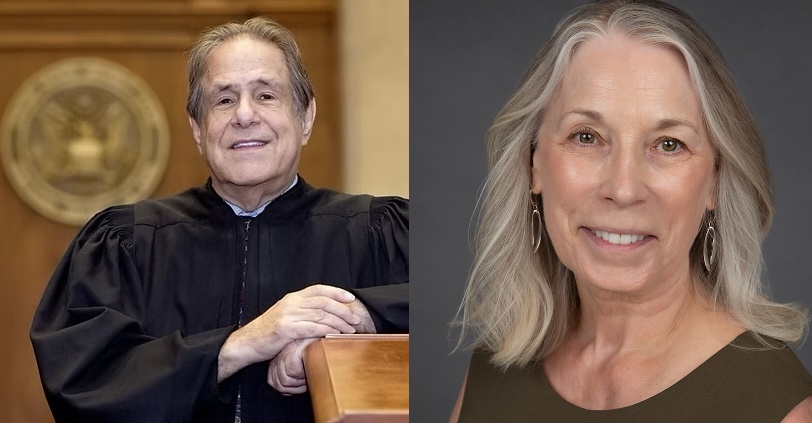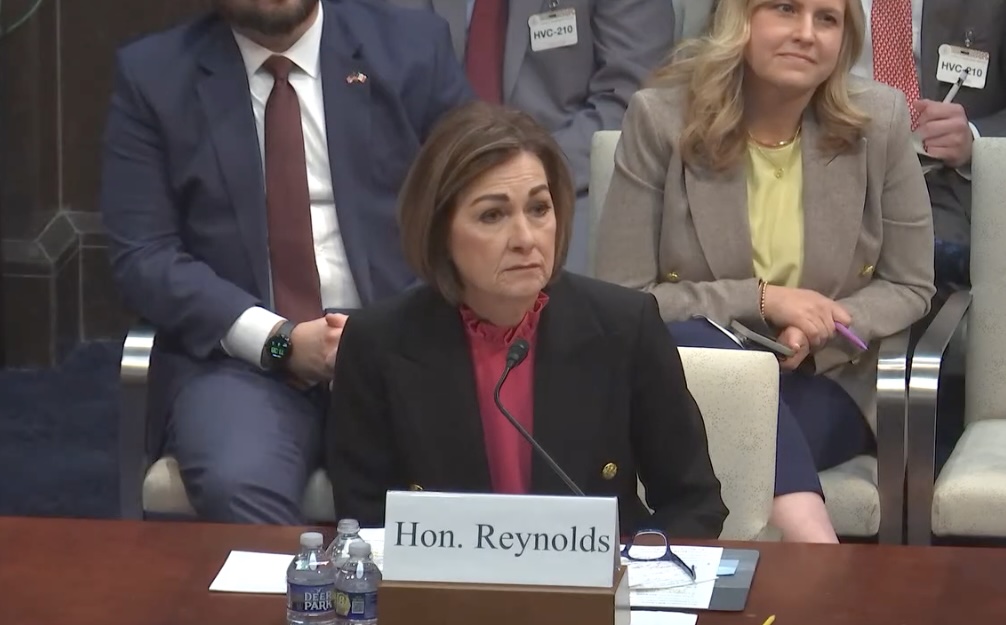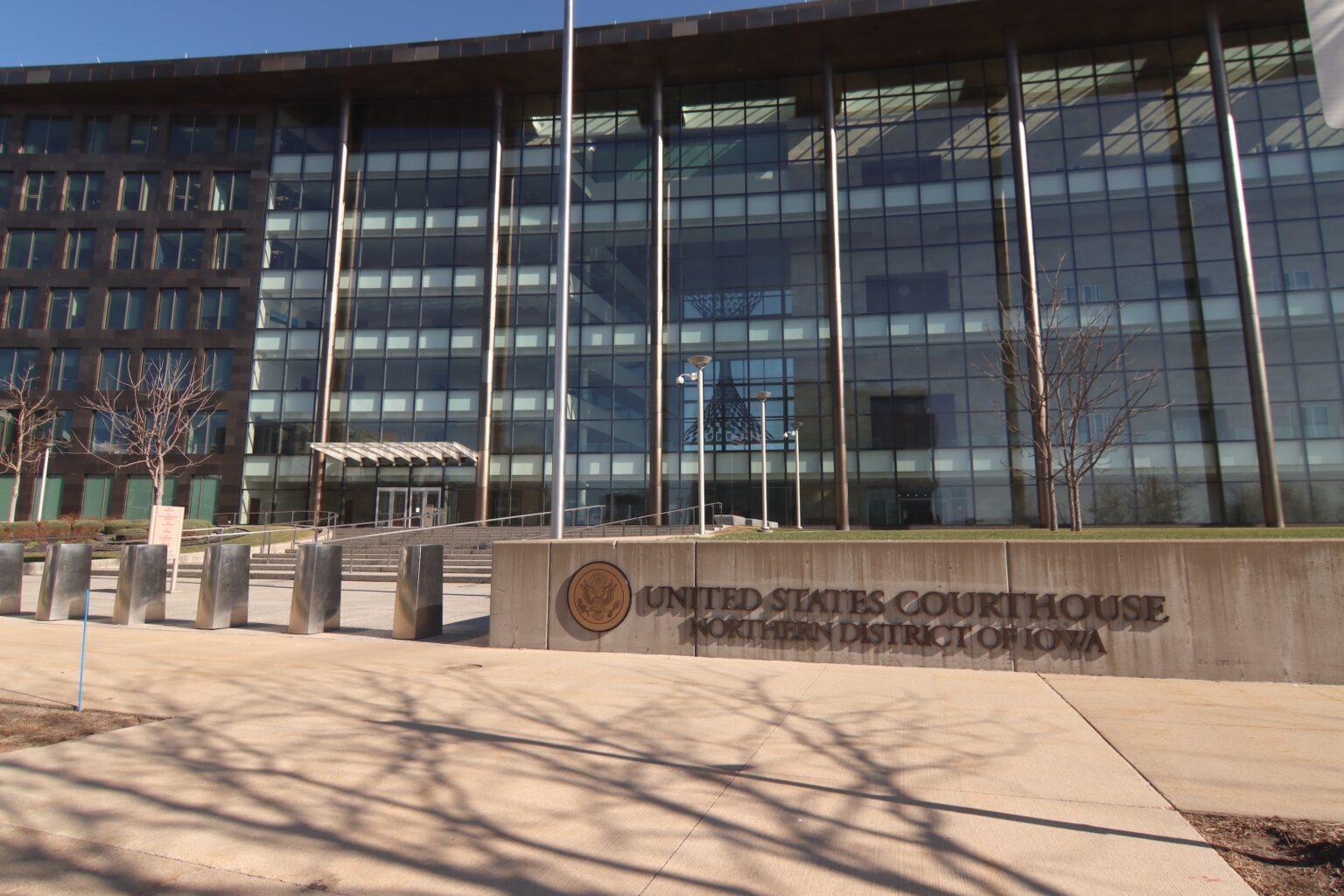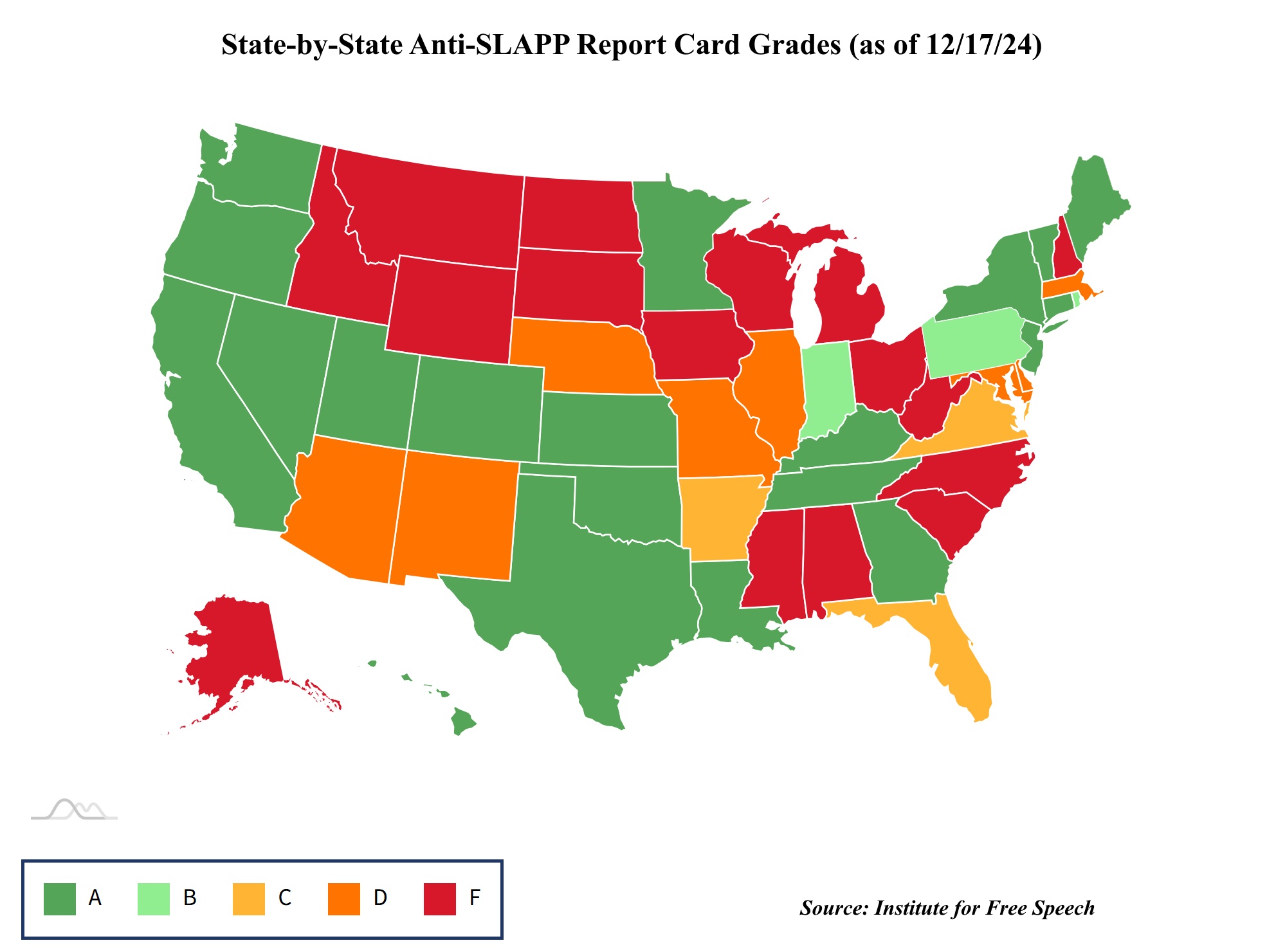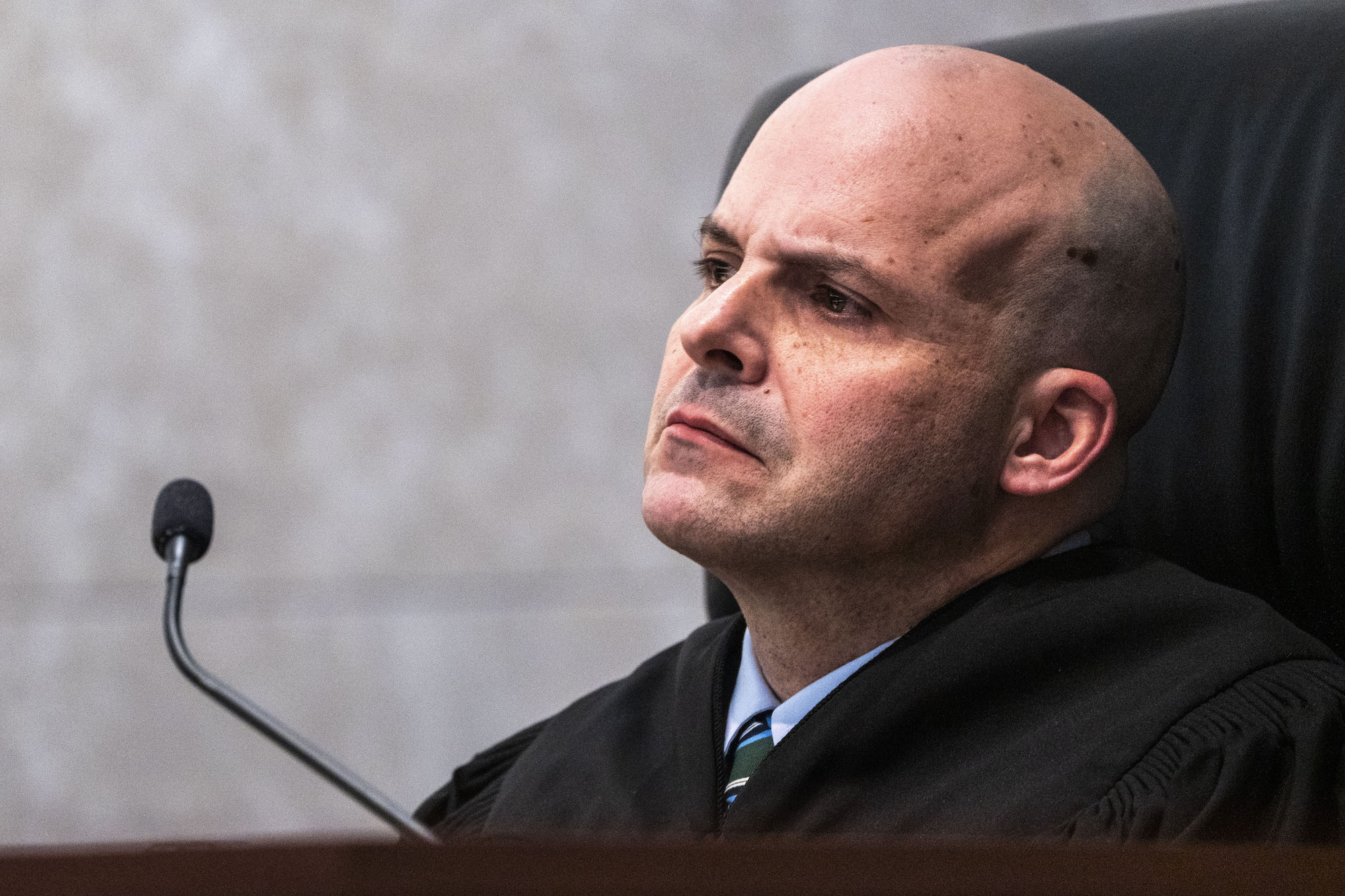Robin Opsahl covers the state legislature and politics for Iowa Capital Dispatch, where this article first appeared. Brooklyn Draisley, Cami Koons, and Kathie Obradovich contributed to this article.
As the Iowa legislature advanced past the second major deadline of the 2025 session, conversations on pipelines, Medicaid work requirements and new higher education requirements are continuing through surviving bills—though agreements have not necessarily been reached between the two Republican-controlled chambers.
The session’s second “funnel” deadline is another checkpoint for lawmakers during the legislative session, culling the bills that remain eligible for consideration as the Legislature nears the end of session. During the first funnel, bills were required to gain approval by a committee in one chamber to survive. In the second funnel, bills must have passed in floor debate in one chamber and gained committee approval in the other chamber to remain eligible.
There are several exceptions to this deadline, such as bills involving taxes, spending and government oversight components, and they include the property tax legislation proposed by Iowa lawmakers. Legislative leaders can also sponsor a bill and bring it forward without abiding by the deadline.
In addition, the language of a bills considered “dead” because of the funnel can still be added, at any point, as an amendment to a surviving bill.
There are also several bills that remain eligible for consideration by being placed on the “unfinished business” calendar, allowing them to remain up for consideration during the remainder of the session.
Continue Reading...












